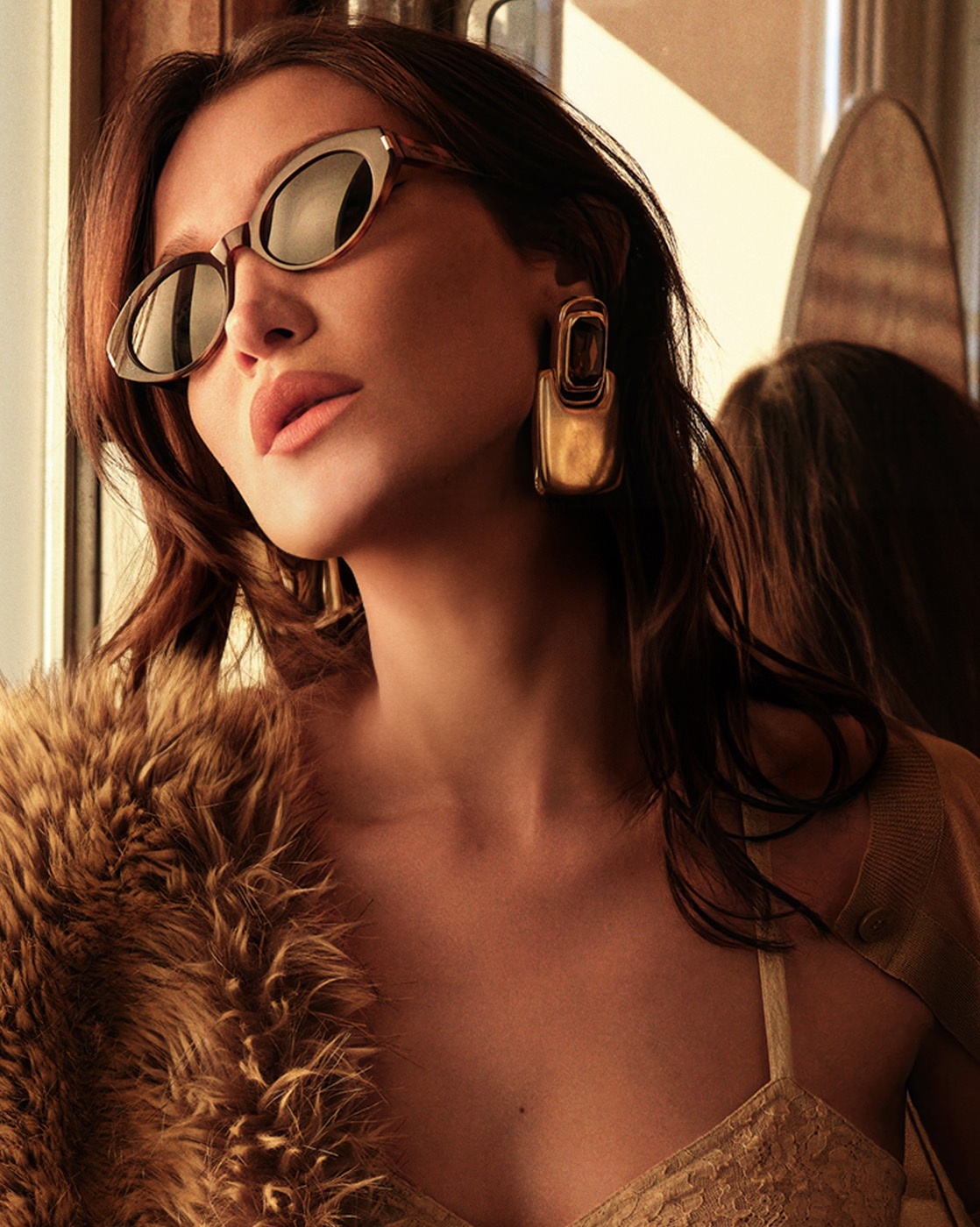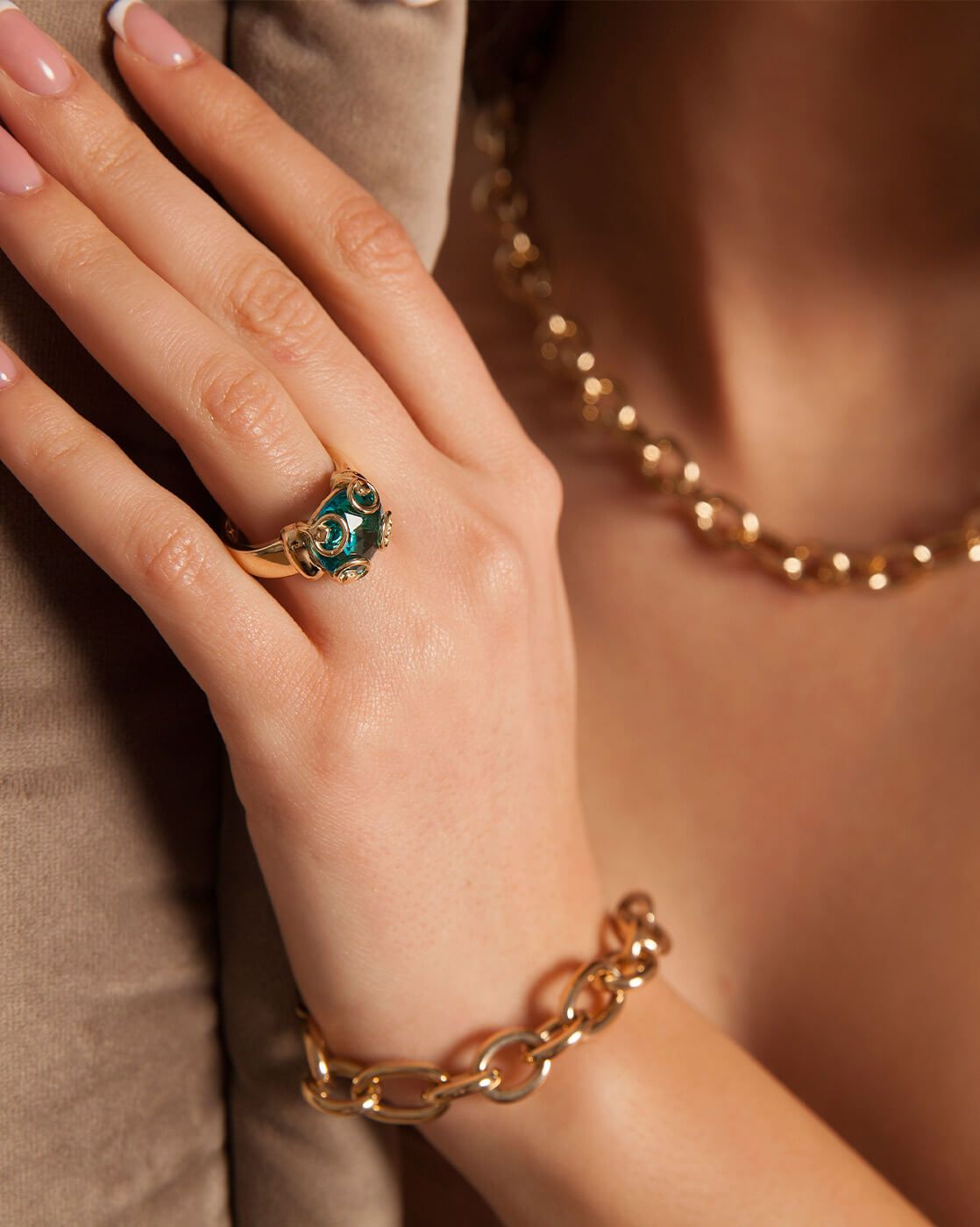Double Vision
When you open your eyes and see a single, clear image it’s the result of a complex process that requires the many parts of your vision to work together smoothly.
Double vision can occur with one eye or both. If it's in one eye when the other is closed, it is less worrisome, but still serious. If it occurs when both eyes are open, it could signal a major disorder.
People with double vision will see two images of one object at the same time. It might look like the images are side by side, overlapping, or a mixture of the two. Some people are affected only occasionally, but for others it can be a constant problem.
You can experience double vision in one eye (monocular) or both eyes (binocular). By covering one eye, you’ll be able to tell which type you have. If both eyes are involved, the double vision will disappear as soon as you cover either eye. However, if the double vision remains when you have one eye covered then you have monocular double vision.
Causes of double vision in both the eyes
Double vision in both eyes is known as binocular. Most cases of double vision occur when both eyes aren’t working together properly. Each eye is surrounded by six muscles, which coordinate in order for the eyes to look toward the same point. Weakness in any of the muscles or their nerve supply can lead to binocular double vision.
Causes of double vision in one eye
Double vision in one eye is known as monocular and is least common of the two. This type is usually caused by an eye problem, such as:
- Astigmatism
- Dry eye syndrome
- Cataracts
- Macular degeneration
Temporary double vision
Episodes of temporary diplopia happen for many reasons, like if the person has been drinking too much alcohol, or if is over-tired. Short-term double vision is usually nothing to worry about, but if double vision continues for longer than 48 hours it is recommended to get the eyes checked by an optician.
Diagnosing double vision
If experiencing symptoms of double vision it’s important to see the optician or GP soon, as the causes and severity of double vision can vary.
In order to diagnose double vision, the optometrist will carry out a thorough eye examination to investigate the health of the eyes and assess the coordination of eye movements. During the exam, they may ask questions to understand the underlying causes of the double vision.
They may ask if the symptoms are:
- In one eye (monocular) or both eyes (binocular)
- Constant or intermittent
- Same or changing with movement of head or direction of gaze
- At near or far vision
Treatment
As double vision can occur for a number of reasons, treatment will depend on its underlying cause, and could range from simple eye exercises to minor surgery.
Rivoli Eyezone optometrists are able to help to determine the right solution and suggest the best treatment for you. In some cases, they may recommend you visit your GP, or a hospital eye department for treatment.











